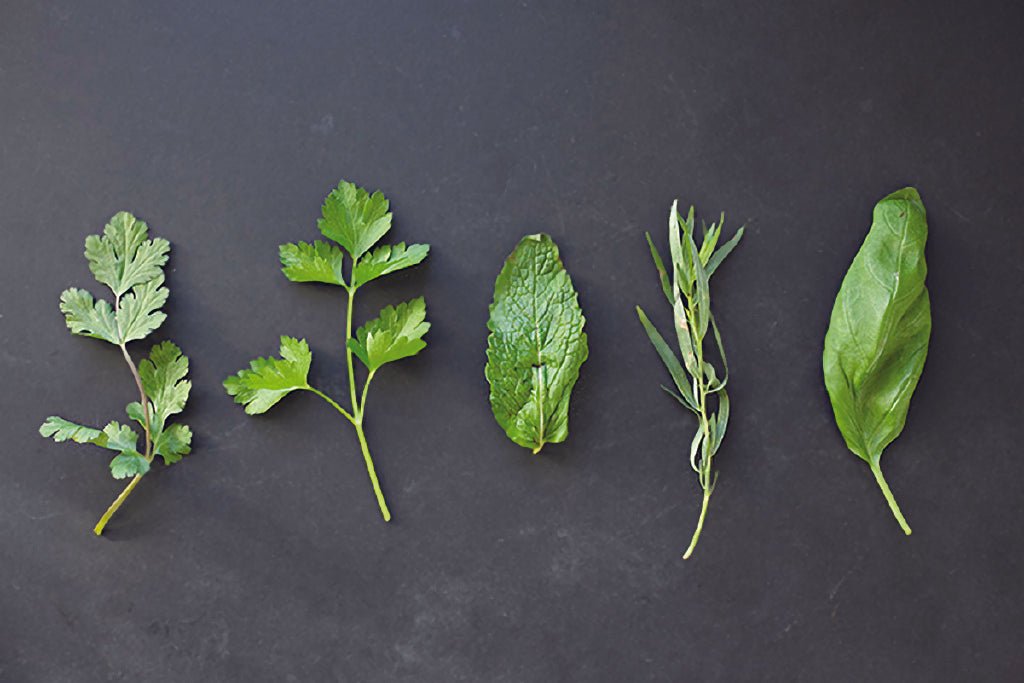- Swap them in as your side salad. Many health food stores and markets now feature delicious local fermented salads. It’s a growing trend, and taking a few bites at the start of a meal makes a big difference in overall digestion.
- Look for options that include spices. I’m currently into homemade turmeric kraut, which is all the better to fight inflammation.
- Punch up your breakfast. Flexible Vegetarians* might enjoy fermented radishes or pickled beets on the side of their morning eggs. Modern Vegans* add kraut in their morning green juice. Both are yummy!
- Mix it into your lunch. Modern Vegans might love pickled cucumbers inside a crunchy lettuce wrap or on top of a mixed salad.
- Make it your afternoon snack. Top gluten-free crackers with sauerkraut and avocado as a garnish. Add a slice of cucumber and you’re in heaven!
- Complement your main course. Healthy Omnivores* often enjoy miso (a fermented paste made from soybeans, rice or barley) atop their wild salmon or incorporated into other recipes. Serving kimchi alongside your main course is a hit, too!
The Simple Secret to a Healthy Gut That May Surprise You

If you haven’t heard the term microbiome yet, it won’t be long before you will. Microbiome refers to the community of bacteria that lives in your gastrointestinal tract, and it’s become a pretty popular health topic these days. Why? Your body’s immunity lies primarily in your gut, and adding the right type of bacteria helps keep your microbiome balanced. But because there are so many strains of healthy bacteria, it’s nearly impossible to know what you personally require to balance your gut.
One option is to take a high-quality probiotic in pill, powder or capsule form. But for most people, this isn’t enough on its own to balance the inner gut terrain. I encourage clients and readers to try a variety of fermented foods, which function as natural probiotics. For example, kombucha (fermented tea), sauerkraut, kimchi (a variety of fermented vegetables and a kick of spice), and other unique pickled treats contain tons of live bacteria and essential nutrients that help your gut maintain the exact chemistry it needs for you to stay healthy. An added bonus is that when your microbiome is balanced, you can actually absorb more of the nutrients your food offers.
Fermented foods, which go through a lactofermentation process that preserves the food, are especially helpful when fresh produce isn’t as available. In fact, taking in probiotics in this potent, whole food form is what your ancestors did to survive the winter season without fresh vegetables, and it helped their immune systems stay strong.
I keep a fresh jar of organic sauerkraut in my fridge all year long, but I tend to crave it more frequently in the winter. If you don’t think fermented veggies are your cup of tea, consider incorporating them into your diet in a few different ways:
Note: PLEASE consult with your doctor before making any changes to your diet or medications. The material on this site is provided for educational purposes only, and is not to be used for medical advice, diagnosis or treatment.
























